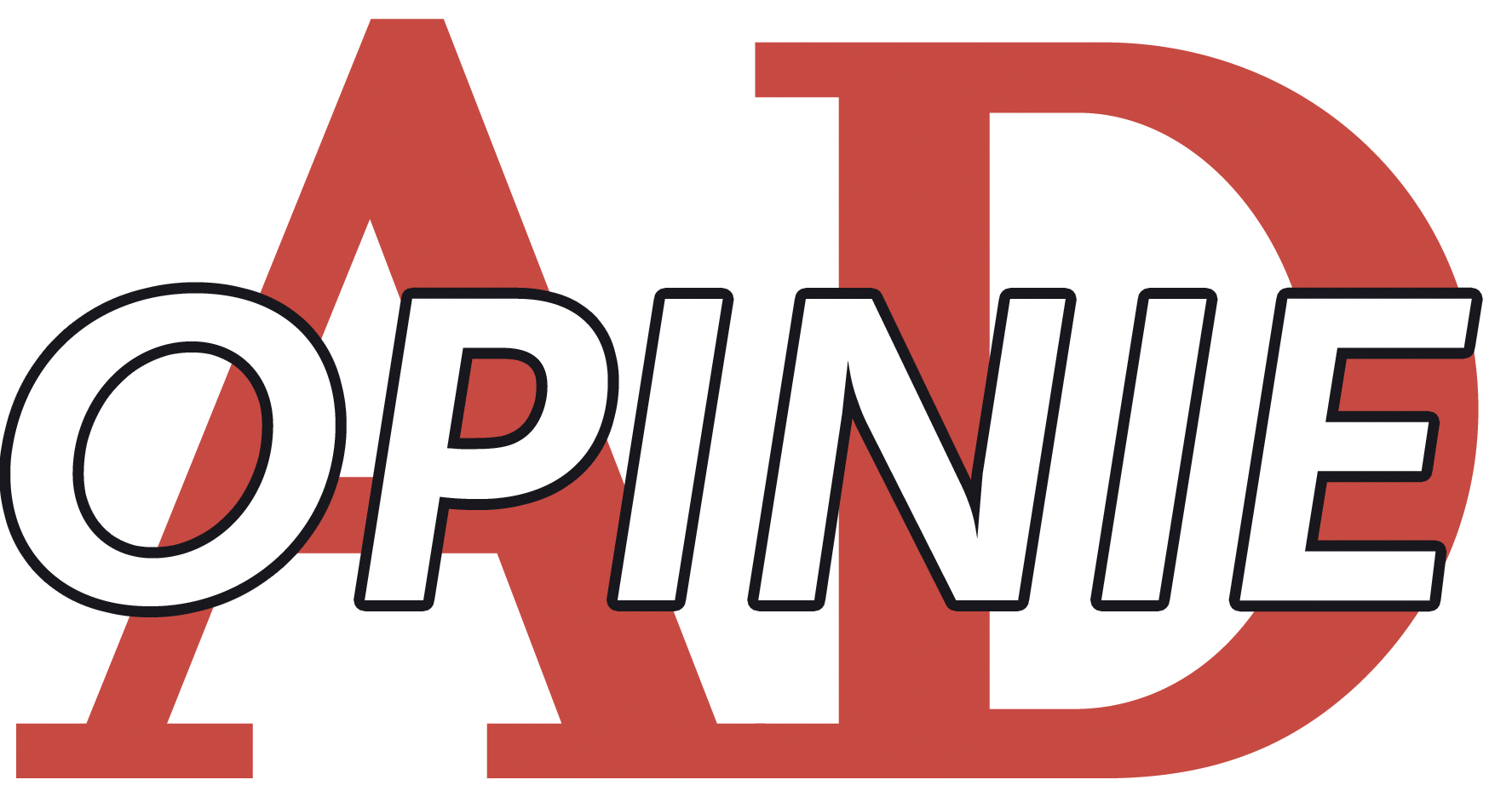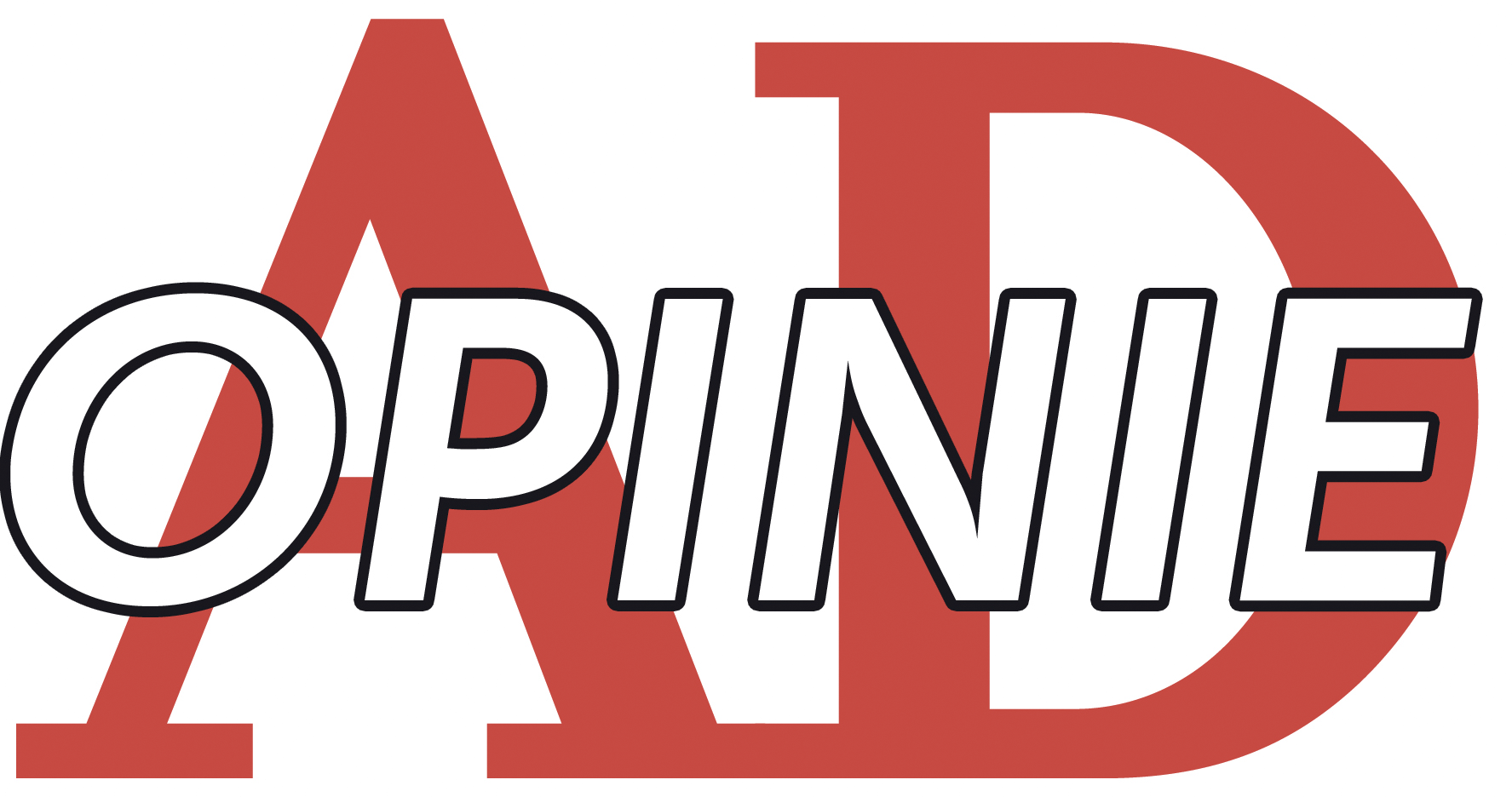Opinie: Reddingsboei uit Straatsburg voor minister van Justitie?
Door Rutsel Martha
Niet zelden wordt de minister verweten tegen internationale regels te handelen door regelmatig grote groepen ongedocumenteerde Venezolanen het land uit te zetten. In de uitspraak van afgelopen week kan de minister elementen ontlenen om zijn beleid te verdedigen. Het Europese Hof voor de Rechten van de Mens heeft evenwel een arrest gewezen dat wellicht als een handleiding zou kunnen dienen voor de minister van Justitie bij het hoofd bieden tegen de kritiek op zijn beleid ten aanzien van illegale migratie uit Venezuela. In het arrest oordeelt het Hof (unaniem) dat Spanje het verbod op collectieve verwijdering van vreemdelingen niet heeft geschonden. Er was volgens het Hof evenmin sprake van schending van het recht op een doeltreffende voorziening in rechte. De zaak betrof de onmiddellijke terugkeer naar Marokko van onderdanen van Mali en Ivoorkust die op 13 augustus 2014 op ongeoorloofde wijze probeerden Spaans grondgebied binnen te komen door te klimmen over de hekken rond de Spaanse enclave Melilla aan de Noord-Afrikaanse kust. Zij werden zonder individuele verwijderingsbeschikkingen en zonder beroepsgang weer het land uitgezet. Bij het Europese Hof klaagden zij over heit feit dat dit in strijd was met zowel het verbod op collectieve verwijdering als hun recht op rechtsbescherming. Het Hof wees dit af. Zij was van oordeel dat verzoeksters zich in feite in een onwettige situatie hadden geplaatst toen ze op 13 augustus 2014 doelbewust hadden geprobeerd Spanje binnen te komen door de grensafscheidingen bij Melilla over te steken. Ze hadden er dus voor gekozen om de legale weg voor toelating tot Spanje te omzeilen. Zij treffen dus zelf de blaam voor het ontbreken van individuele verwijderingsbesluiten en rechtsgang door geen gebruik te maken van de daartoe bestaande officiële immigratieprocedures. Met deze uitspraak acht het Hof de volgende gang van zaken toelaatbaar. In de vroege ochtend van 13 augustus 2014 probeerden ongeveer 500 migranten de Spaanse enclave binnen te dringen. De groep die dat was gelukt werd stante pede door de Guardia Civil weer over de grens gezet. Het voorgaande wil evenwel niet zeggen dat in gevallen waarin betrokkene een beroep doen op een vluchtelingenstatus en daartoe bewijs van politieke vervolging overlegt, de internationaalrechtelijke regels voor de behandeling van asielverzoeken nageleefd zullen moeten worden.
Dr. Rutsel Silvestre J. Martha, LL.M is voormalig minister van Justitie voor de Nederlandse Antillen en oud-Gevolmachtigd minister in Brussel. Momenteel geeft hij leiding aan Lindeborg Counsellors at Law in Londen, Verenigd Koninkrijk.


